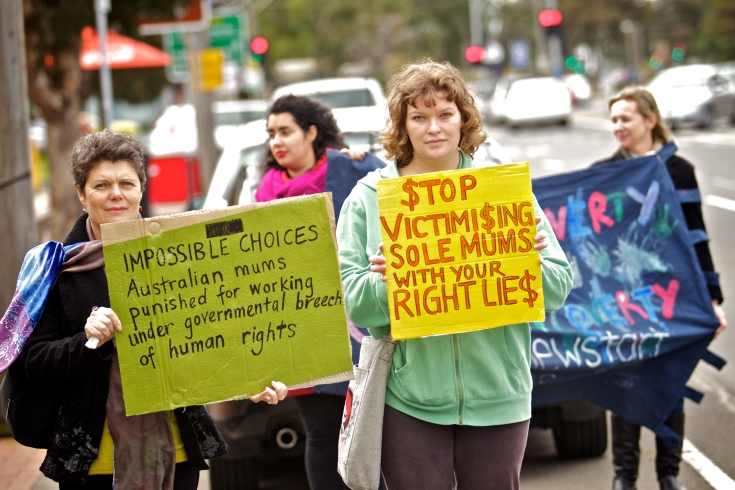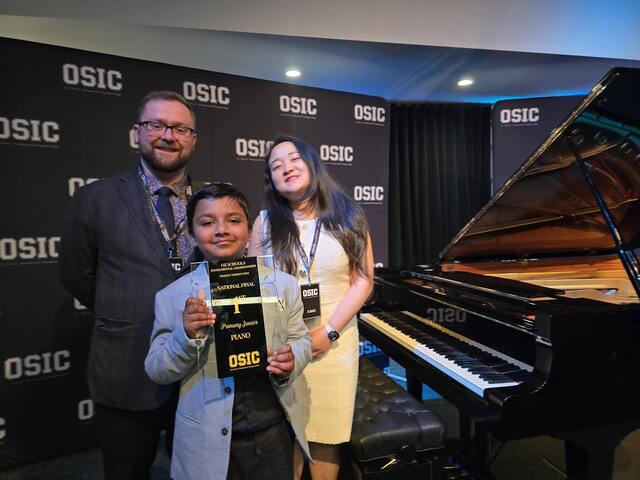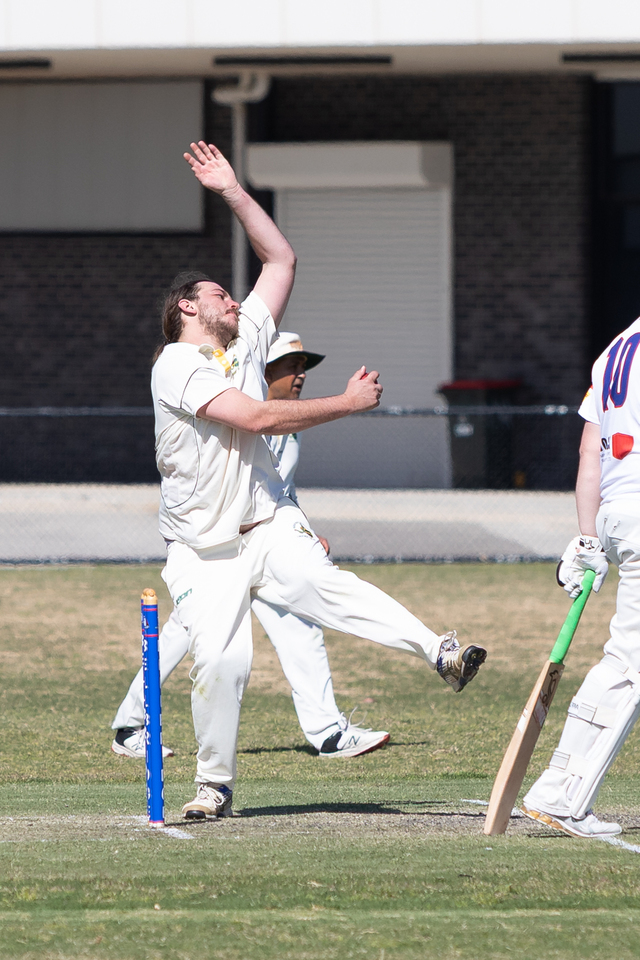SINGLE parents have renewed their demands for the federal government to reverse its controversial cuts to parenting payments.
At a rally outside Prime Minister Julia Gillard’s office in Werribee on Friday, a group of mothers, children and representatives of the Single Parents Action Group claimed women had been robbed of flexibility, and were more likely to stay in abusive relationships because they couldn’t afford to leave.
From January 1, about 84,000 single parents whose youngest child had turned eight were moved on to the lower-paying Newstart — losing between $60 to $110 a week.
Werribee mother-of-three Sari Smith, who became a single parent after leaving her violent marriage in 1991, said the changes were forcing thousands of parents into a “one-size-fits-all” policy. She said parenting payments had been her lifeline, and pushing mums onto Newstart would strip them of the flexibility to move in and out of work while engaging in higher education and caring for their kids. “My children needed my care after a difficult divorce,” she said.
“I relied heavily on parenting payments and other supports from Centrelink to get by. Because I was not forced into full-time work, I was able to take appropriate care of my children while studying for a higher degree and continuing to gain experience in the tertiary sector.”
Ms Smith, 54, said the budget measure to restore single parents’ access to the education supplement, worth $31 to $62 a fortnight from next January, was a step back in the right direction. “You can’t do both. You can’t earn enough money in a menial job and have any time left to study.”
Single parents on Newstart will also be able to earn an extra $38 a fortnight, under another budget measure, but Ms Smith said it went nowhere near restoring what had been lost.
Greens federal candidate for Lalor, Beck Sheffield-Brotherton, stood with single parents at Friday’s rally, claiming the “needless” cuts would plunge many families deeper into poverty.
“Australia is a rich country that has ridden out the global financial crisis far better than other places, but we’re acting as though we’re so poor that we can’t afford to care for the vulnerable.”
Ms Gillard said the old rules, providing parenting payments until the youngest was 16, meant many ended up trapped on welfare. “If they commence a bit of part-time work when their child is school-aged … it will be better for them because they’ll have a job for the rest of their lives, and better for the child to have someone in the household modelling what it’s like to go to work every day.”







